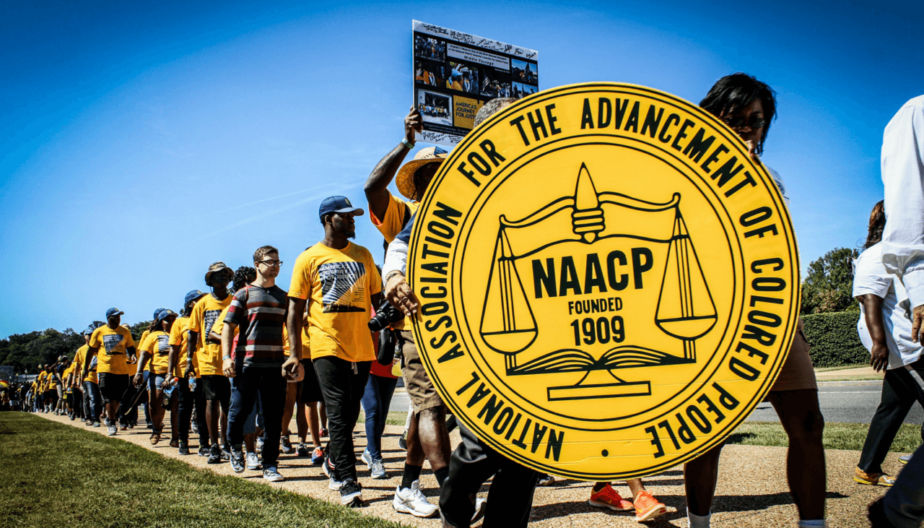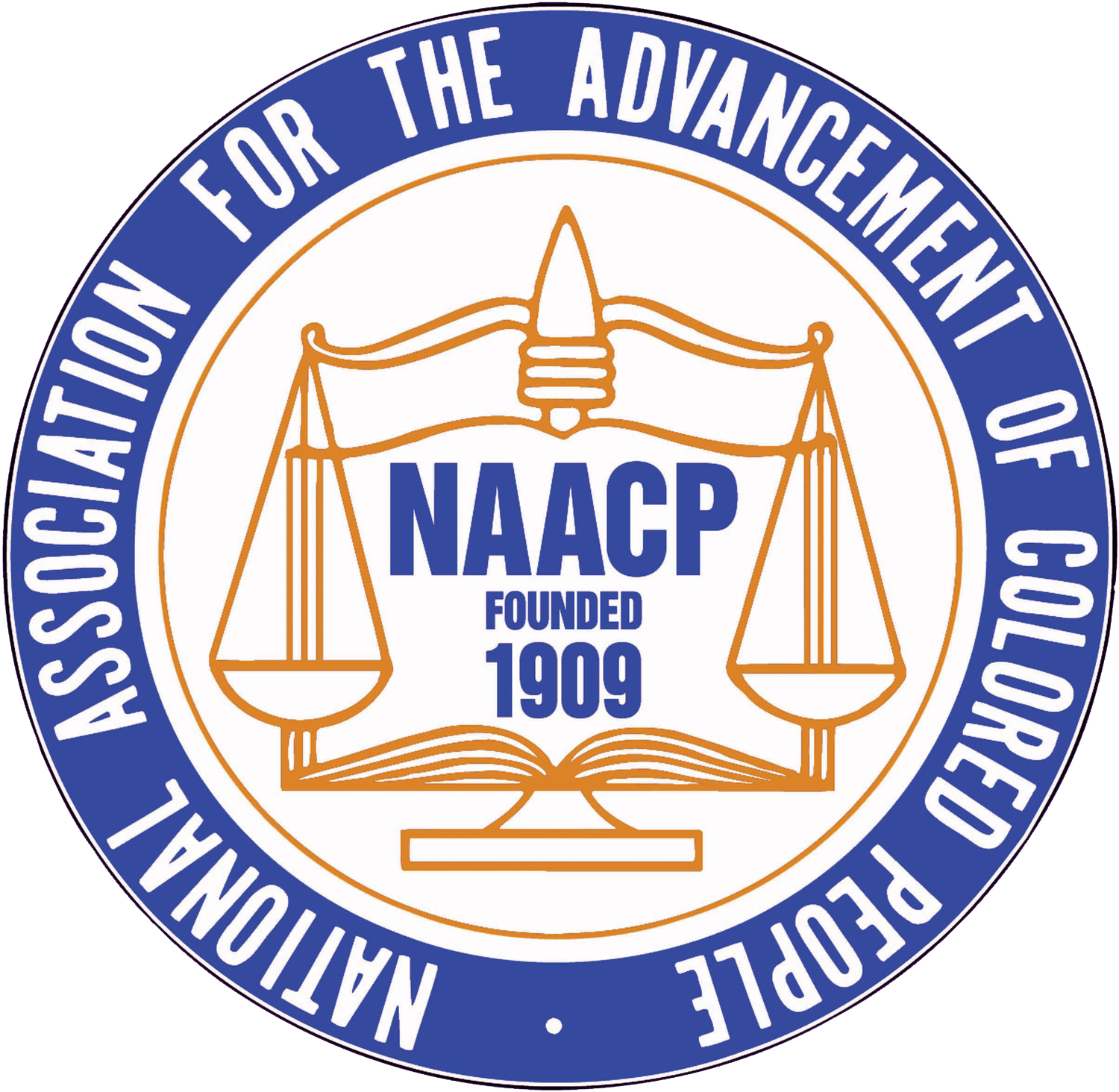Is The NAACP Considered A Cultural Association?
The National Association for the Advancement of Colored People (NAACP) is one of the most prominent organizations in the United States, dedicated to civil rights advocacy and social justice. While many people associate the NAACP with cultural representation, its primary focus extends far beyond cultural advocacy. Understanding whether the NAACP is considered a cultural association requires a deeper exploration of its mission, history, and contributions to society.
Founded in 1909, the NAACP has played a pivotal role in advancing the rights of African Americans and other marginalized communities. Its mission revolves around eliminating racial discrimination and ensuring equal opportunities for all individuals. Although the organization promotes cultural awareness and pride, its primary objectives align more closely with civil rights advocacy rather than solely cultural representation.
In this article, we will delve into the history, mission, and activities of the NAACP to determine whether it can be classified as a cultural association. We will also explore its role in shaping American society and the broader implications of its work on cultural and social issues. Let's begin by examining the organization's foundational principles and how they contribute to its identity.
- Kearny Mesa Chevrolet San Diego Your Ultimate Guide To Exceptional Service And Quality Vehicles
- Ryder Paw Patrol Age Everything You Need To Know About The Beloved Leader
Table of Contents
- The History of the NAACP
- The Mission and Objectives of the NAACP
- The Role of the NAACP in Cultural Advocacy
- The NAACP as a Civil Rights Organization
- The Legal Impact of the NAACP
- NAACP Membership and Community Engagement
- The NAACP's Commitment to Education
- Variations of the NAACP's Influence
- Controversies Surrounding the NAACP
- The Future of the NAACP
- Conclusion
The History of the NAACP
The NAACP was founded in 1909 as a response to the widespread racial discrimination and violence against African Americans in the United States. Initially established as the National Negro Committee, the organization quickly evolved into a formidable force for change. The founding members included prominent figures such as W.E.B. Du Bois, Ida B. Wells, and Mary White Ovington, who were deeply committed to addressing racial injustice.
Over the decades, the NAACP has been instrumental in landmark legal battles, including the historic Brown v. Board of Education case in 1954, which dismantled the doctrine of "separate but equal." The organization's commitment to civil rights has remained unwavering, making it a cornerstone of the American civil rights movement.
Key Milestones in the NAACP's History
- 1909: The NAACP is founded as the National Negro Committee.
- 1915: Launches the influential magazine "The Crisis," edited by W.E.B. Du Bois.
- 1954: Wins the Brown v. Board of Education case, ending racial segregation in schools.
- 2000s: Expands its focus to include economic justice, environmental justice, and voting rights.
The Mission and Objectives of the NAACP
The mission of the NAACP is to ensure the political, educational, social, and economic equality of rights for all persons and to eliminate race-based discrimination. This mission is achieved through a variety of programs and initiatives aimed at promoting civil rights and social justice.
- Marilyn Manson Amp Rose Mcgowan A Deep Dive Into Their Relationship And Legacies
- Find The Best Honduran Store Near You With Tienda Hondurentildea Cerca De Mi
Key objectives of the NAACP include:
- Advocating for policy changes at the local, state, and federal levels.
- Providing legal support and representation for individuals facing discrimination.
- Empowering communities through education and voter engagement.
Is the NAACP Considered a Cultural Association?
While the NAACP promotes cultural awareness and pride, its primary focus is on civil rights advocacy. Therefore, it is more accurately classified as a civil rights organization rather than a cultural association. However, the organization's work often intersects with cultural issues, particularly in its efforts to celebrate African American heritage and contributions to society.
The Role of the NAACP in Cultural Advocacy
Although the NAACP is not primarily a cultural association, it plays a significant role in promoting cultural awareness and pride within the African American community. Through initiatives such as the NAACP Image Awards and the Afro-Academic, Cultural, Technological and Scientific Olympics (ACT-SO), the organization highlights the achievements and contributions of African Americans in various fields.
The NAACP Image Awards, established in 1967, recognize outstanding achievements by people of color in the arts, entertainment, and media. This event serves as a platform for celebrating cultural excellence and promoting diversity in the entertainment industry.
NAACP's Cultural Programs
- NAACP Image Awards: Celebrating excellence in the arts and entertainment.
- ACT-SO: Encouraging academic and cultural achievement among youth.
- Cultural Heritage Month Celebrations: Promoting awareness of African American history and contributions.
The NAACP as a Civil Rights Organization
The NAACP's primary focus remains on civil rights advocacy, making it one of the most influential organizations in this domain. Through litigation, lobbying, and community engagement, the NAACP works tirelessly to eliminate racial discrimination and promote equal opportunities for all individuals.
The organization's legal arm, the Legal Defense and Educational Fund (LDF), has been instrumental in securing landmark victories in the fight for civil rights. By challenging discriminatory practices in courts across the country, the NAACP has set important precedents that continue to shape American law and society.
Landmark Legal Cases
- Brown v. Board of Education (1954): Ended racial segregation in public schools.
- Shelby County v. Holder (2013): Challenged provisions of the Voting Rights Act.
- Fisher v. University of Texas (2016): Addressed affirmative action in higher education.
The Legal Impact of the NAACP
The NAACP's legal victories have had a profound impact on American society, shaping laws and policies that affect millions of people. By challenging discriminatory practices in courts across the country, the organization has set important precedents that continue to influence civil rights discourse.
According to a report by the American Bar Association, the NAACP Legal Defense Fund has been involved in over 300 cases before the U.S. Supreme Court, many of which have resulted in landmark decisions. These cases have addressed issues such as voting rights, housing discrimination, and educational equality, demonstrating the organization's commitment to justice and fairness.
NAACP Membership and Community Engagement
The NAACP boasts a diverse membership base, with branches and chapters across the United States. Members play an active role in advocating for civil rights and social justice, participating in activities such as voter registration drives, community outreach programs, and policy advocacy campaigns.
Community engagement is a cornerstone of the NAACP's work, as it seeks to empower individuals and organizations to effect positive change. Through partnerships with local businesses, schools, and nonprofit organizations, the NAACP amplifies its impact and strengthens its network of supporters.
Benefits of NAACP Membership
- Access to advocacy resources and support.
- Opportunities to participate in community events and programs.
- Networking with like-minded individuals and organizations.
The NAACP's Commitment to Education
Education is a key priority for the NAACP, as it recognizes the transformative power of learning in promoting equality and opportunity. The organization works to address disparities in education, advocating for policies that ensure all students have access to quality education regardless of their race or socioeconomic status.
Through initiatives such as the NAACP Education Committee and the Back-to-School/Stay-in-School program, the organization supports students and families in achieving academic success. These programs provide resources, mentorship, and advocacy to help bridge the gap in educational opportunities.
Variations of the NAACP's Influence
The NAACP's influence extends beyond civil rights advocacy, touching on a wide range of social and cultural issues. While its primary focus remains on eliminating racial discrimination, the organization also addresses economic justice, environmental justice, and voting rights, among other areas.
By adopting a holistic approach to social justice, the NAACP ensures that its work remains relevant and impactful in an ever-changing society. This multifaceted approach allows the organization to address the complex and interconnected challenges faced by marginalized communities.
Key Areas of Influence
- Economic Justice: Advocating for fair wages and employment opportunities.
- Environmental Justice: Promoting sustainable practices and addressing environmental inequities.
- Voting Rights: Ensuring access to the ballot box for all eligible voters.
Controversies Surrounding the NAACP
Like any prominent organization, the NAACP has faced its share of controversies over the years. Critics have accused the organization of being too focused on race-based issues, while others have questioned its effectiveness in addressing modern challenges.
Despite these criticisms, the NAACP remains a vital force for change, continually adapting to meet the needs of its members and the broader community. By engaging in open dialogue and addressing concerns head-on, the organization strives to maintain its relevance and impact in an evolving social landscape.
The Future of the NAACP
Looking ahead, the NAACP is poised to continue its mission of promoting civil rights and social justice in the United States. With a growing membership base and expanding network of supporters, the organization is well-positioned to address emerging challenges and opportunities in the years to come.
As society becomes increasingly diverse and interconnected, the NAACP's work remains more relevant than ever. By embracing new technologies, strategies, and partnerships, the organization will continue to play a leading role in shaping the future of civil rights advocacy.
Conclusion
In conclusion, while the NAACP is not primarily considered a cultural association, its work often intersects with cultural issues, particularly in its efforts to promote African American heritage and contributions to society. As a civil rights organization, the NAACP remains committed to eliminating racial discrimination and promoting equal opportunities for all individuals.
We invite you to join the conversation by leaving a comment or sharing this article with others who may be interested in learning more about the NAACP and its impact on American society. Together, we can continue to advance the cause of civil rights and social justice for all. For further reading, explore our other articles on related topics and discover how you can get involved in making a difference in your community.
- Commercials With Ethos Pathos And Logos The Ultimate Guide
- Nicole Kidmans Health Is Nicole Kidman Ill A Comprehensive Look

Meet Us The Hub NAACP

NAACP Freedomology

NAACP Columbus GA